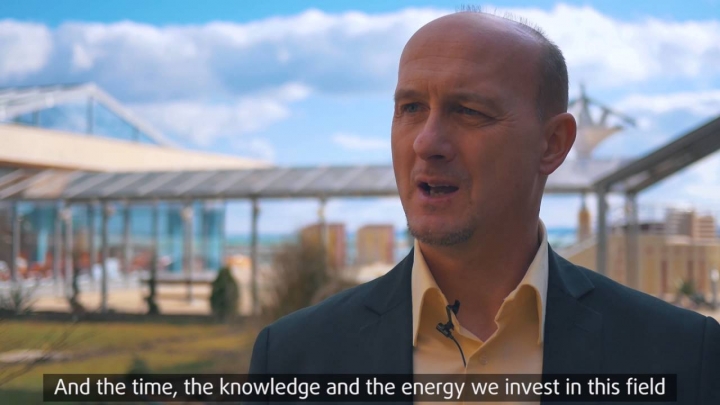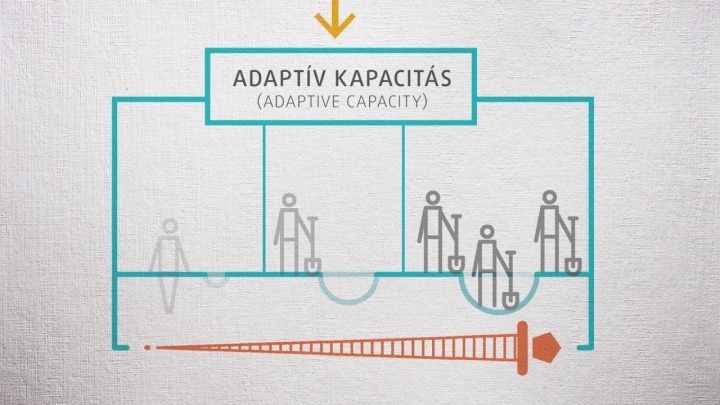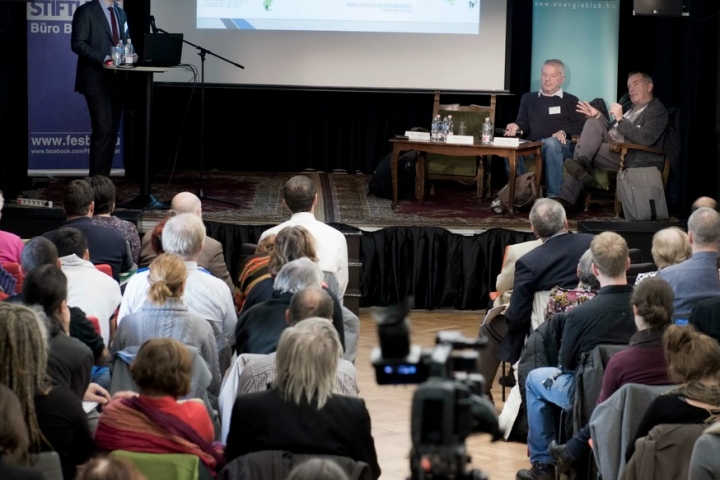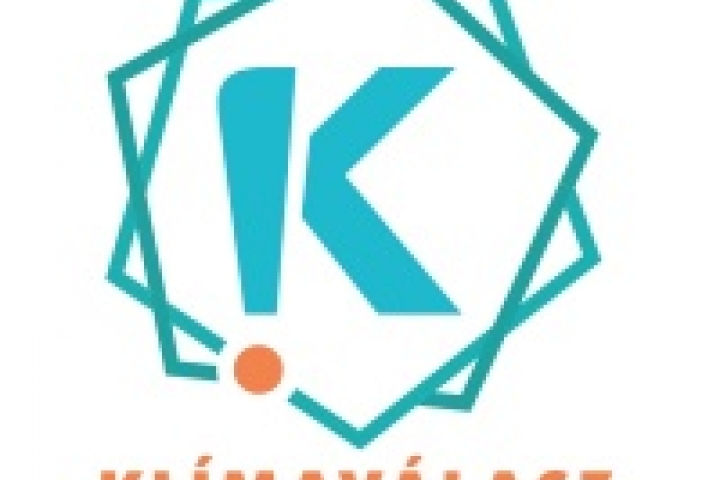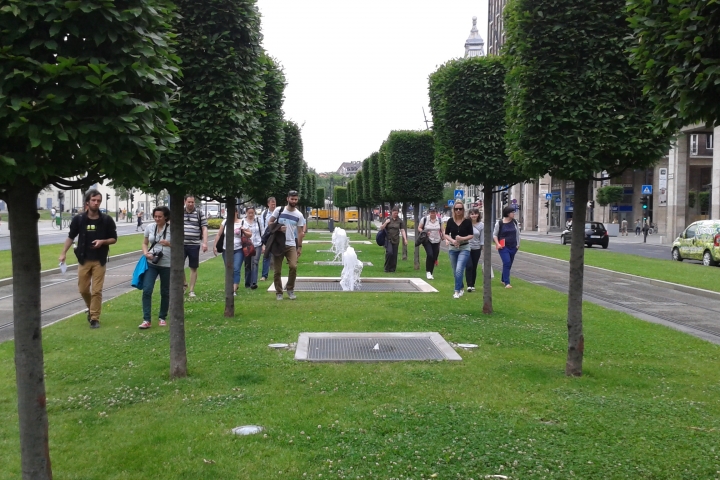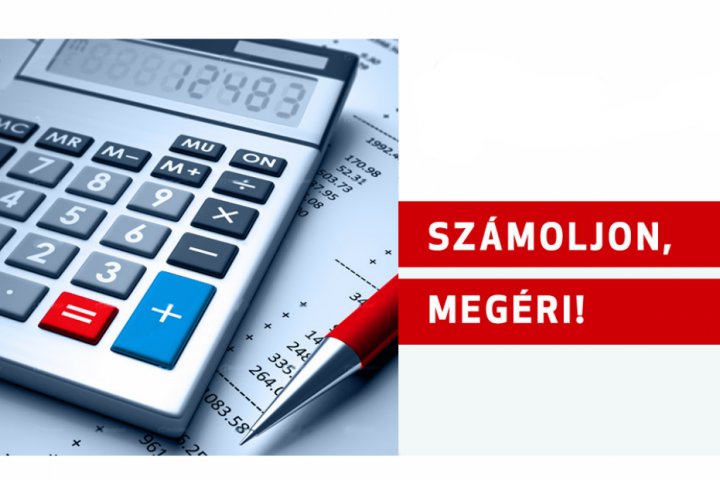Training programme for enhancing climate adaptation at local level
Hungary has developed a climate strategy, however, on adaptation it remains rather general in scope, lacking to provide information available for potential local impacts. Loval-level awareness of climate change and vulnerability remains at a basic level, and ways of adaptation are not well known either.
Thus, there is urgent need for capacity building and information sharing amongst local authorities.
Energiaklub conducted a one-year project to enable the leaders of Hungarian municipalities to adapt to the inevitable impacts of climate change.
Over 140 local government officials and other stakeholders were trained in the project in measures and opportunities related to municipal climate adaptation in four regions of Hungary: Southern Transdanubia, Central Transdanubia, Northern Great Plain and the Eastern half of Central Hungary.
Type:
training, education, capacity building
Target:
The overall goal of the project was to create a better understanding of climate change impacts among local decision makers and stakeholders. The project provided a good basis for exploring adaptation options and strenthen climate resilience by assessing community vulnerabilities.
Target group:
municipalities and other local stakeholders (e.g. NGOs)
Description:
In the course of the project Energiaklub assessed the knowledge and needs of local municipal leaders related to climate adaptation, and what residents experience from the impacts of climate change (details).
Based on the above a complex training material was developed that provides up-to-date information and knowledge as well as specific assistance to municipality leaders to adapt to the inevitable and continuously increasing impacts of climate change, so that they can identify the necessary measures and integrate them into local planning processes and regulations. Contents of the training (video lectures, presentations, etc.) are available only in Hungarian in the Tudástár menu, but some info-videos also with English subtitle.
Participants had personal multiple-day training sessions (in groups) in 8 instalments (3 in Budapest and 5 in other areas) in the first quarter of 2016.
The project was financed by the EEA Grants.


